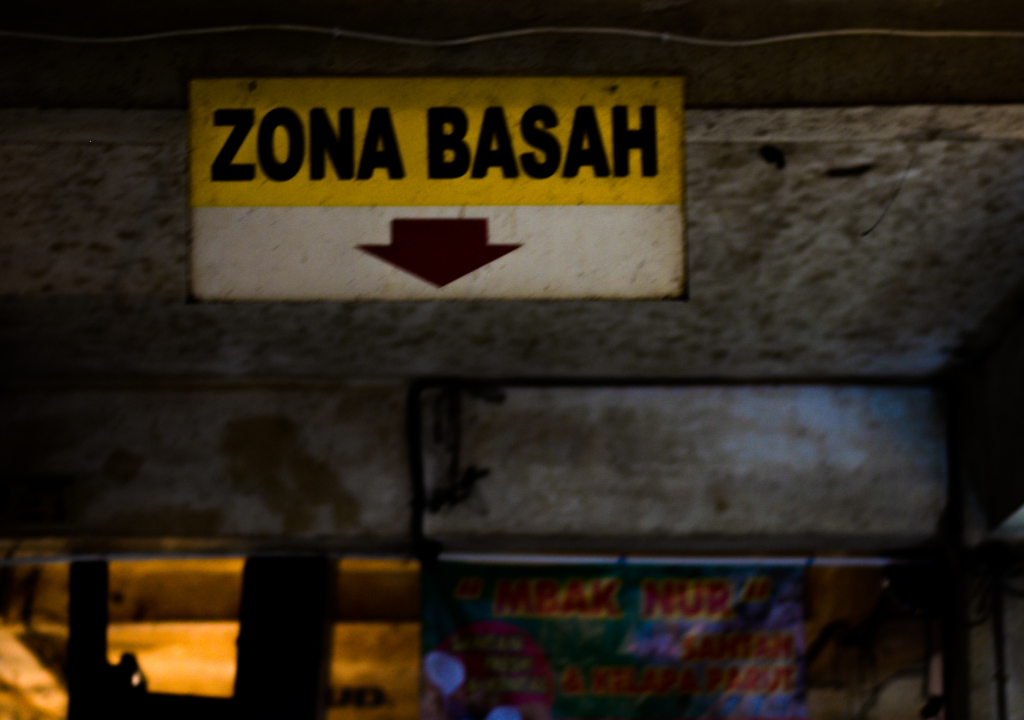Indonesia and its language, Bahasa Indonesia, have received significant acclaim on the global stage. In the plenary session of the 42nd General Conference held in Paris on November 20, Bahasa Indonesia was formally recognized as an official language of the UNESCO General Conference. This acknowledgment establishes it as the 10th official language alongside English, Arabic, Mandarin Chinese, French, Spanish, Russian, Hindi, Italian, and Portuguese.
Bahasa Indonesia, simply known as Indonesian, holds the esteemed position of being both the official and national language of Indonesia. Derived from a standardized form of Malay, an Austronesian language, Bahasa Indonesia has functioned as a lingua franca across the diverse Indonesian archipelago for decades. This recognition solidifies Bahasa Indonesia as one of the popular languages worldwide.
Mohamad Oemar, the Indonesian Ambassador to France, Andorra, and Monaco, as well as the Permanent Delegate to UNESCO, highlighted that Bahasa Indonesia, spoken by over 275 million people, has become a global language. Currently, curricula featuring Bahasa Indonesia are utilized in 52 countries, engaging around 150,000 non-native speakers.
Oemar emphasized the positive impact of designating Indonesian as the official language of the UNESCO General Conference, foreseeing benefits for peace, harmony, and the realization of sustainable development goals not only at the national level but on a global scale. This sentiment was reported by Antara News.
The official recognition is anticipated to enhance global awareness of Indonesia culturally and economically, underscoring the nation’s commitment to cultural development and fostering connections with other countries. In its comprehensive rationale, UNESCO’s official document outlines 11 points supporting the decision. It emphasizes that recognizing Bahasa Indonesia promotes equitable information dissemination, inclusivity, deeper understanding of language and literature, collaboration with UNESCO, and a commitment to advancing global cultures, peace, and sustainable development. Additionally, it is expected to raise Indonesia’s international profile, fostering greater cooperation and benefiting both the country and UNESCO’s worldwide mission.
Mohamad Oemar added that the Indonesian language, historically a unifying force, has played a crucial role since pre-independence times, particularly evident through the Youth Pledge in 1928, fostering connections among various ethnicities in Indonesia. So the recognition for Indonesian is recognition of Indonesia.
Indonesian is becoming increasingly popular worldwide and can be found on most major language learning platforms. Its popularity in the region, ability to do business, and familiarity with Westerners all contribute to its demand as a language. Worldwide, especially in nations like Australia, the Netherlands, Japan, South Korea, Timor-Leste, Vietnam, Taiwan, the United States, and England, Indonesian is taught as a foreign language in educational institutions. Non-Indonesians have become more and more interested in learning the language in recent years.
With the growing popularity of courses tailored to non-Indonesian speakers, several universities are now offering Bahasa Indonesia.
Indonesia’s efforts to promote its language extend beyond its borders. For instance, the Indonesian embassy in the Philippines has conducted basic Indonesian language courses for Filipino students and Armed Forces members, with plans to introduce intermediate courses. In the United States, the Indonesian embassy in Washington, D.C. offers free beginner and intermediate level Indonesian language courses.
This global interest and investment in learning Indonesian represent a well-deserved recognition for Indonesia, acknowledging its position as the fourth most populous nation, fastest-growing economy, and influential global player. Despite being one of the world’s biggest populations, this recognition has often been overlooked. The spotlight on Indonesia and the Indonesian language is gradually expanding on the global stage.








